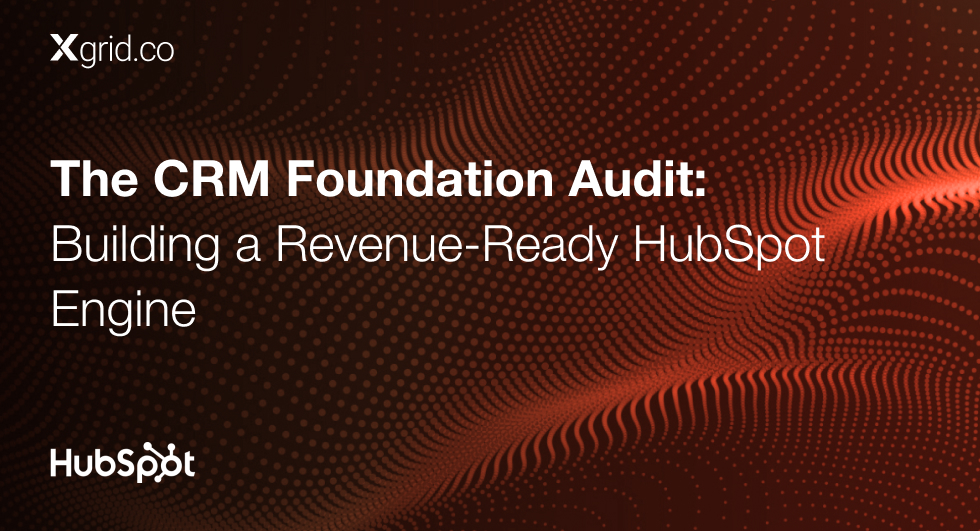The Importance of Data Hygiene in Marketo Operations
“We clean 20,000 people out of Marketo, and then I was able to add on new features in Marketo for the same price.”
This article focuses on the importance of data hygiene in Marketo operations, exploring best practices for managing duplicates, syncing with Salesforce, and keeping datasets updated and organized.
Why Data Hygiene Matters
Debra emphasizes that poor data hygiene can negatively impact campaign performance, lead to sync errors, and inflate operational costs. Regular data cleaning, aided by Marketo Data Management Services, prevents these issues, allowing Marketo to run more efficiently and enabling the marketing team to add new features without exceeding budget limitations.
“Cleaning your data regularly helps you avoid unnecessary costs and ensures that your marketing campaigns are reaching the right people.”
By focusing on deduplication, data validation, and regular health checks, businesses can ensure that their marketing automations work properly and that their data remains accurate.
The Benefits of Data Hygiene
Maintaining data hygiene within Marketo isn’t just about keeping records tidy; it’s about maximizing the effectiveness of marketing efforts, improving segmentation, and ensuring the sales team has accurate information. Here’s a closer look at the benefits:
-
-
- Enhanced Targeting and Personalization: Accurate data enables marketers to deliver more personalized experiences. By segmenting audiences based on reliable demographics and behaviors, campaigns can reach the right people, ultimately improving engagement and conversion rates.
- Improved Analytics and Reporting: Clean data enhances the accuracy of marketing analytics, which helps teams make informed, data-driven decisions and assess campaign performance more reliably.
- Operational Efficiency and Cost Optimization: Clean data keeps operational costs in check. By avoiding outdated or duplicate data, teams avoid unnecessary storage costs and reduce the chances of budget overruns
-
Best Practices for Data Hygiene in Marketo
1. Deduplication
Duplicate records create confusion, waste resources, and can inflate key performance metrics, leading to poor decision-making. Here’s how to keep deduplication in check:
-
-
- Use Built-in Marketo Tools or Third-Party Solutions: Leverage Marketo’s deduplication features, or integrate third-party tools designed to manage duplicates.
- Regular Scanning and Merging of Duplicates: Schedule periodic scans to identify and merge duplicate records, keeping the dataset accurate and streamlined.
- Prioritize Key Data Sources: Configure data sources to prevent duplicates from arising during syncing, especially with CRM systems like Salesforce.
-
2. Data Validation
Ensuring data accuracy and completeness is essential for running efficient campaigns. Consider these strategies for validating data:
-
-
- Automate Flagging for Incomplete or Incorrect Entries: Use workflows in Marketo to flag records with missing or inaccurate information.
- Implement Data Validation Rules: Establish rules that enforce consistency when new data is added, such as verifying email formats or mandatory fields.
- External Data Validation Tools: Use validation tools that can cross-reference external sources to enhance data accuracy and standardization.
-
3. Scheduled Health Checks and Audits
Routine health checks ensure the database remains clean, organized, and efficient. Here’s how to conduct effective audits:
-
-
- Review Lead Scoring Rules: Regularly update lead scoring rules to match current campaign objectives, ensuring that scores reflect the true value of each lead.
- Archive or Delete Old Records: Identify and remove aging records or low-quality leads that no longer contribute to marketing goals.
- Optimize Data Workflows: Conduct workflow audits to identify and resolve bottlenecks or error-prone processes within Marketo.
-
4. Data Enrichment
Adding relevant data fields to leads, such as job title or industry, improves segmentation and helps target the right audience with relevant content. Key enrichment strategies include:
-
-
- Use Third-Party Data Sources: Connect with external data providers to automatically update fields and enrich records.
- Incremental Data Collection: Use optional fields in forms or progressively collect data over time to build complete profiles.
- Trigger Enrichment Campaigns: Set up automated workflows that target leads with missing essential data to encourage users to update their profiles.
-
Conclusion: The Strategic Value of Data Hygiene in Marketo
Maintaining data hygiene in Marketo is essential for improving campaign performance, ensuring accurate lead scoring, and keeping operational costs in check. As Debra’s experience illustrates, removing 20,000 outdated records allowed her team to add new Marketo features without exceeding budget constraints. Clean data enables marketing automations to work effectively, enhances campaign targeting, and supports data-driven decisions.
By dedicating time and resources to regular data cleaning, validation, and enrichment, businesses can improve the reliability and effectiveness of their marketing efforts while ensuring their marketing technology investment yields the best possible ROI.





